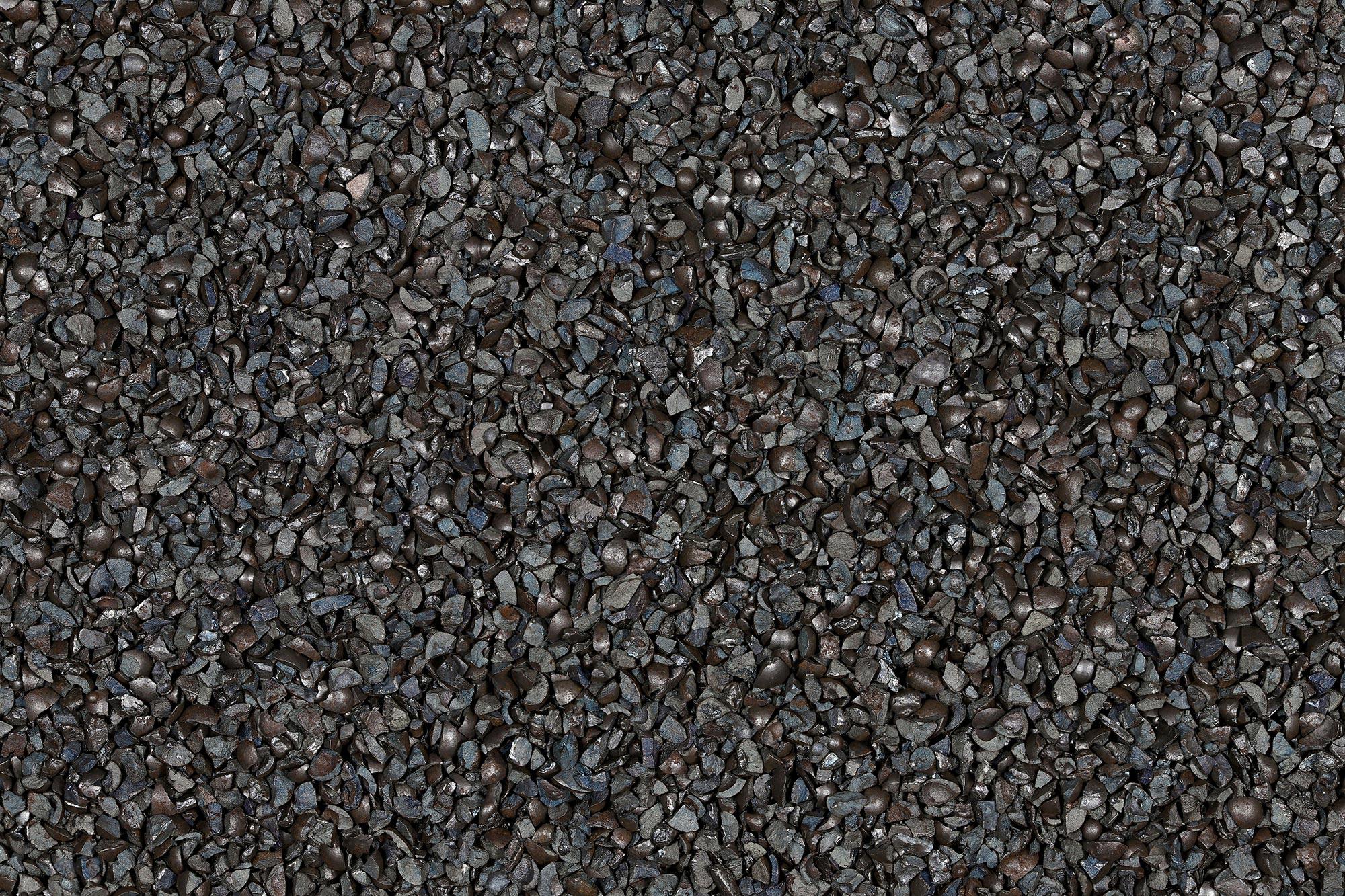Optimization of amyloid/iron granules for the filtration of virus-loaded aerosols

Air filtration to minimize the spread of airborne viruses mainly relies on nanofibrils filters. Such technology comes at a huge financial and environmental cost. We develop a cost-effective, environmentally friendly technology.
Project description
Airborne viruses, such as SARS-CoV-2, are transmitted primarily via tiny droplets, called aerosols, from an infected person to a potential new host (patient). Such transmission happens predominantly in indoor spaces. Minimizing the spread of such viruses requires efficient filtration of aerosols. This has also to be achieved in a cost-effective, environmentally friendly manner.
Background
Existing commercial air filters are mainly composed of very thin nanofibrils. The production of nanofibrils comes at relatively high financial and environmental cost, a major challenge when combatting virus spread on a global scale.
Aim
In our work, we take a different approach to air filtration using granular material, a material that looks like coarse sand. Granular materials are readily available in the environment, can be produced from industrial waste, and are easier to handle and recycle.
Relevance
We have developed an aerosol filtration media based on granular material, with its raw materials being whey protein and iron salts. The fabrication process of the material requires little energy and is facile. We have shown that such material can efficiently trap aerosols loaded with viruses, including SARS-CoV-2. With our implementation partner, we are converting this technology into a commercial product.
Original title
Optimization of amyloid/iron granules for the filtration of virus-loaded aerosols
